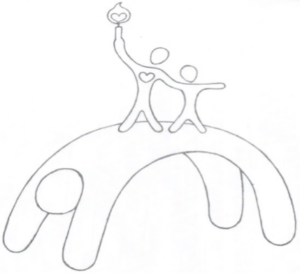Research translation through participatory research: The case of two community-based projects in low-income African settings
blogpost written by Deborah Isobell
Imagine the amount of funding that research projects receive every year. Not just nationally, but globally.
Now take a moment to think about the knowledge generated from that research. Is it being used to its full potential to change peoples’ lived experiences?
In instances where the application of research-derived knowledge (research translation) is prioritised, it is often regarded as the task of researchers or other role players, and only once a project has ended.
Participatory Action Research (PAR) offers us an alternative. PAR is committed to action. Importantly also, as researchers partner with the communities in which they work, PAR endeavours to achieve local action that is relevant and responsive to the needs of the social context.
Reflecting on our research experiences, the elements of PAR we contend increases the likelihood of research translation include:
- jointly producing knowledge and hearing from community co-researchers directly
- promoting the realisation of agency and empowerment and
- knowledge-sharing
Even though we found these factors to promote research translation, educational attainment, gender and economic inequality do contribute to power differentials which skew the researcher-research community relationship. PAR practitioners may seek to lessen the impact of these and other power dynamics in various ways, and for us what has worked has been to create spaces for dialogue, openly reflecting on positionality, and keeping a reflective diary.
We recommend that PAR practitioners
- (where possible) strive for optimal participation of communities
- jointly decide upon the methodology
- formulate a Theory of Change, as this compels researchers to consider the underlying assumptions and prerequisites for attaining the desired goal
You can access this article for free for the next 30 days by using THIS LINK.
After you’ve had a chance to read this piece, please share your thoughts, ideas, or experiences with our community so we can continue this discussion! The AR+ site is hosting a discussion forum for us to talk about our reactions and experiences related this topic. You can access the discussion forum HERE.
- Making Public Deliberations Inclusive with Mixed Methods AR - October 26, 2020
- Participatory action research with Aboriginal Elders: Ngulluk Koolunga Ngulluk Koort project - October 12, 2020
- Bringing the relational self to ART: Interview with Dr. Yvonne Skipper - October 1, 2020

